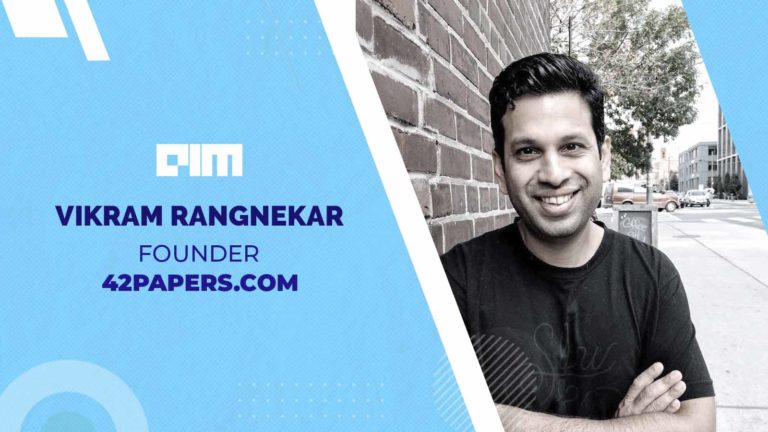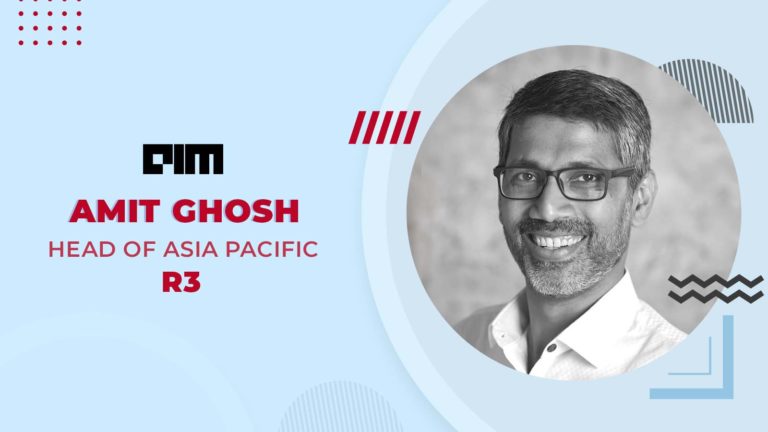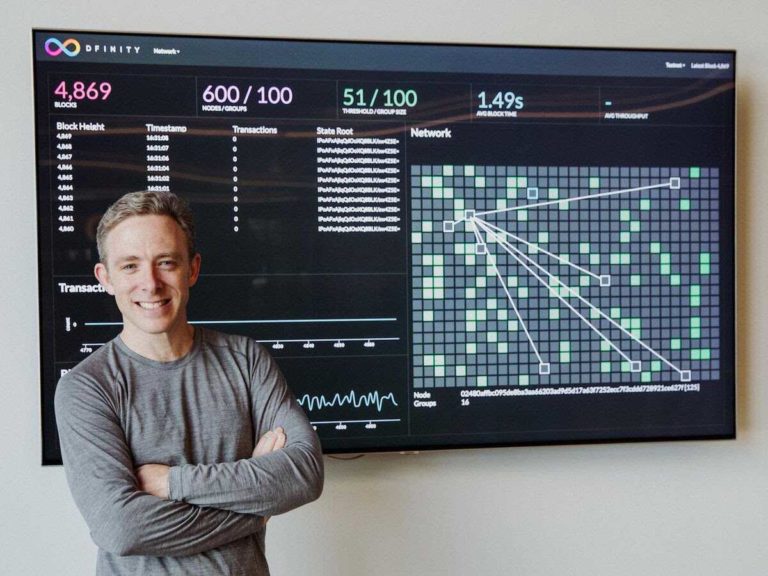According to The 2020 HackerEarth Developer Survey, a larger number of developers have expertise in full-stack development compared to any other area, and 25% of all developers have more than one year of experience in this field.
There’s a reason for this: full-stack development is where the jobs are.
Between 2015 to 2018, the demand for full-stack developers in the US increased by 206%, according to this survey by Indeed. LinkedIn’s 2020 Emerging Jobs Report has also listed full-stack engineering fourth on its list, citing a 35% annual growth since 2015.
Full-stack developers have been often called the “Swiss Army Knives” of software development because of their understanding of both front-end and back-end processes. Some can be true generalists, with evenly distributed expertise across stacks and frameworks. Most have specific areas of focus or strength while still maintaining a basic understanding of the entire software stack. Regardless, full-stack developers are invaluable to organisations trying to make their web and app development process efficient.
It is important to understand though that full stack developer jobs are not monolithic by nature; they combine unique distributions of talent and expertise depending on a company’s requirement. This combination is also what makes assessing full-stack developers incredibly difficult.
Full Stack Assessments: The Making Of
Recruiters usually take full stack assessments to mean assessing only full-stack developers — those who operate across both the front-end and back-end. This doesn’t take into account the fact that developers often have a specialised set of skills on either front-end or back-end, along with familiarity with the other components of building an application. This translates to the need for creating customised assessments for full-stack roles, depending on the candidate’s skills and the company’s exclusive requirements.
When we look at creating full-stack assessments within this paradigm, we are better poised to understand the challenges that come with assessing and hiring full-stack developers.
Misalignment of Expectations
I repeat again: full-stack roles are not a monolith, and neither are all full-stack developers cut from the same cloth. Using a one-size-fits-all approach will only end in talent misalignment. Far too often, recruiters and hiring managers wrongly assume that a full stack developer should be able to do it all. In reality, several stacks require specific technical expertise or knowledge of specific components – some more than the others. Here are just a few of the most popular stacks and their corresponding technologies.
If companies continue to hire general full-stack developers, it’ll only serve to flood their pipeline with talent that isn’t geared towards the actual responsibilities of the job. Conversely, if they look for developers with only a narrow set of skills, they will end up ruling out competent candidates who might not have an in-depth understanding of non-essential technologies. It is, therefore, important to recognise exactly what skills are essential for a role in order to develop targeted assessments and interview questions.
Difficulties in Proctoring Full-Stack Assessments
Full-stack development, by its very nature, encompasses the full spectrum of software development — from the back-end all the way to the front-end. To demonstrate proficiency, candidates are often asked to build an entire application as part of their assessment process. Understandably then, a full-stack assignment can go on for hours, days, and sometimes even weeks, making it incredibly difficult to proctor manually.
Manual proctoring woes have forced many recruiters to adopt lesser-suited modes of assessments. However, recent developments in AI-based hiring tools have made it increasingly possible to monitor such time-intensive assignments virtually. At HackerEarth, our full-stack assessment offering uses real-time recording and creates continuous log files to help recruiters and hiring managers understand the candidate’s actions better.
Customising Accurate Assessments
Each organisation’s technology stack is specific to them. So are the full stack assessments they create for hiring.
For instance, the role of full-stack Python developer may, at times, require Django + MySQL, Flask + PostgreSQL, or Django + MongoDB, depending on the specific framework and database an organisation uses. A comprehensive full-stack assessment must hence be able to support different combinations of technologies.
Often even specialists have to be able to interface their code with other aspects of software development. For this reason, full-stack assessments can and should be customised to assess both front-end and back-end developers by giving them a problem statement with partially completed code and asking them to create a synthesised solution. Such assessments also simulate real-life job environments keeping in mind not only the stack, a developer would be required to use, but also everyday problems which will need solving.
Creating these customised assessments is hard, and the reason why many organisations opt for more generalised methods of screening. Full-stack development is a rapidly evolving domain, requiring developers to constantly update their skillset with new frameworks, programming languages, and stacks. Hence, generalised methods of gauging a candidate’s experience via their resumes or generic assessments aren’t viable. Instead, organisations should aim to assess a customised mix of the latest technical skills to evaluate a candidate’s proficiency.
Full Stack Assessments: Bottomline
Full-stack developers are in high demand in the country; especially in the startup world which swears by hiring generalists in the early phases of an organisation’s life cycle and then converting them into specialists later on. Full-stack developers also make for good team leads as they have a thorough understanding of the ins and outs of software development. The need for this role is obvious, as are the loopholes in the hiring process.
Many have talked about the death of the full stack developer or talked about how the 2020 stack will replace it, but let’s face it — the full-stack is here to stay. So, organisations should really look at how they are assessing candidates for this role and whether their current methods are enough to attract the top talent. As we move towards adopting trends like low-code or mixed reality development, or look to increase offshore tech talent hiring, we will increasingly find that customised assessments have a cardinal role to play towards making these a reality.


















































































